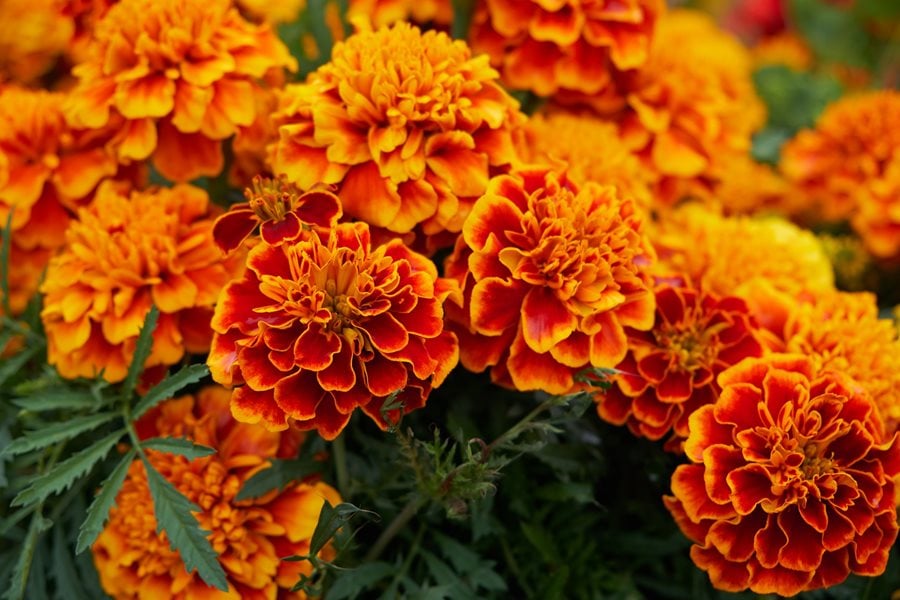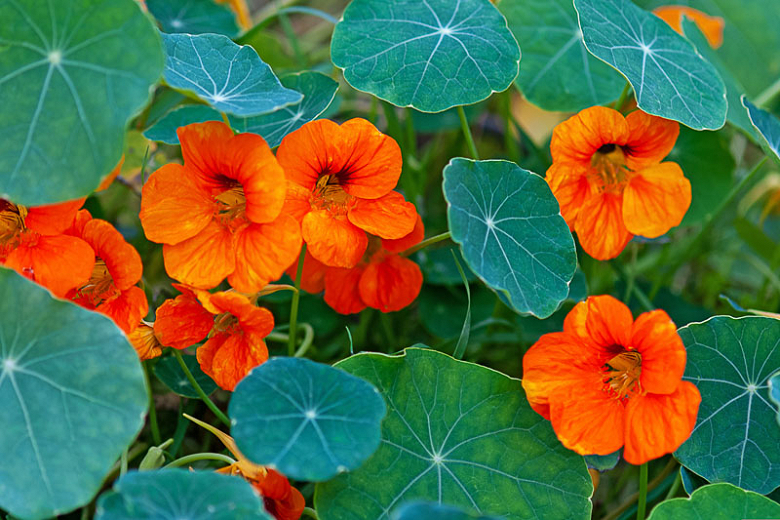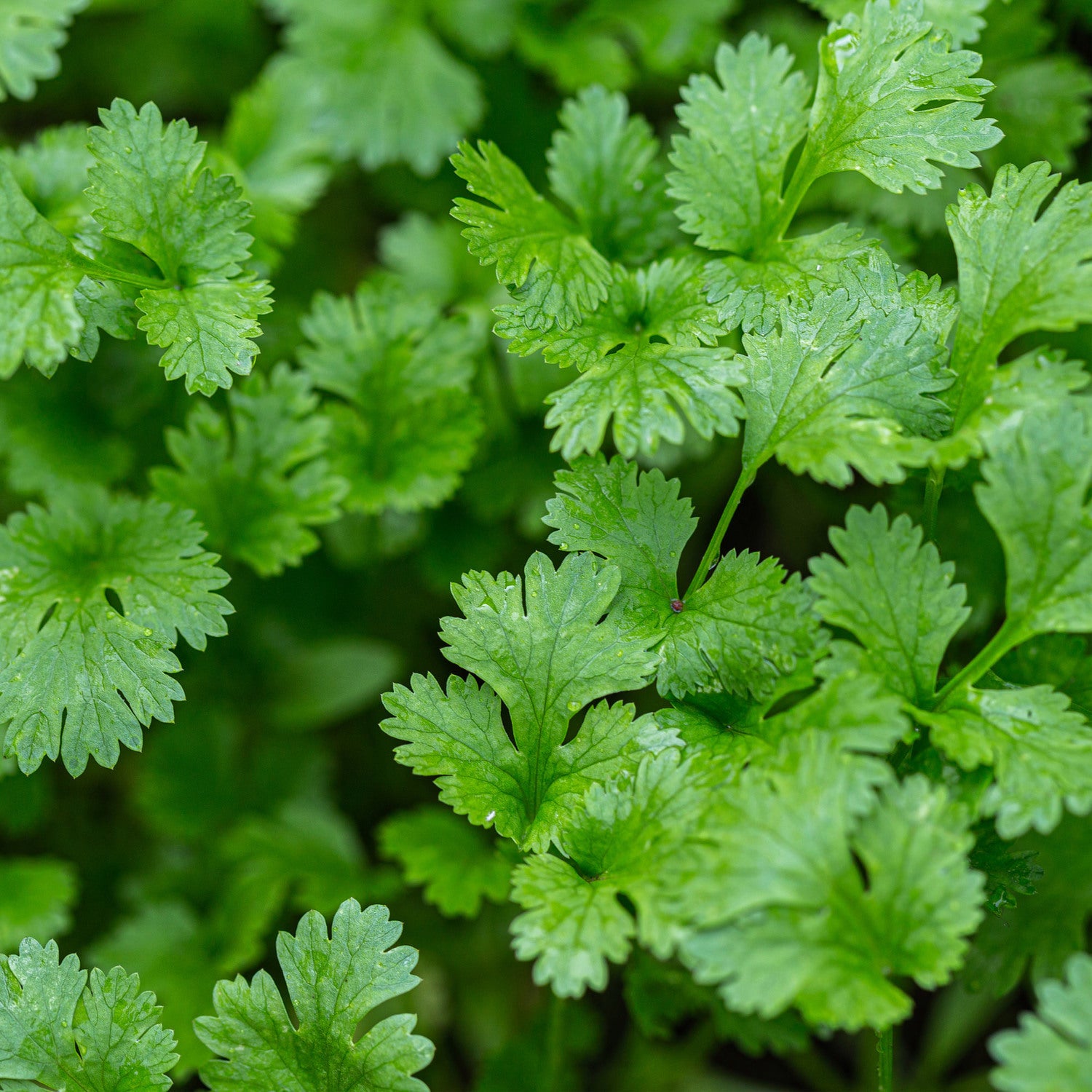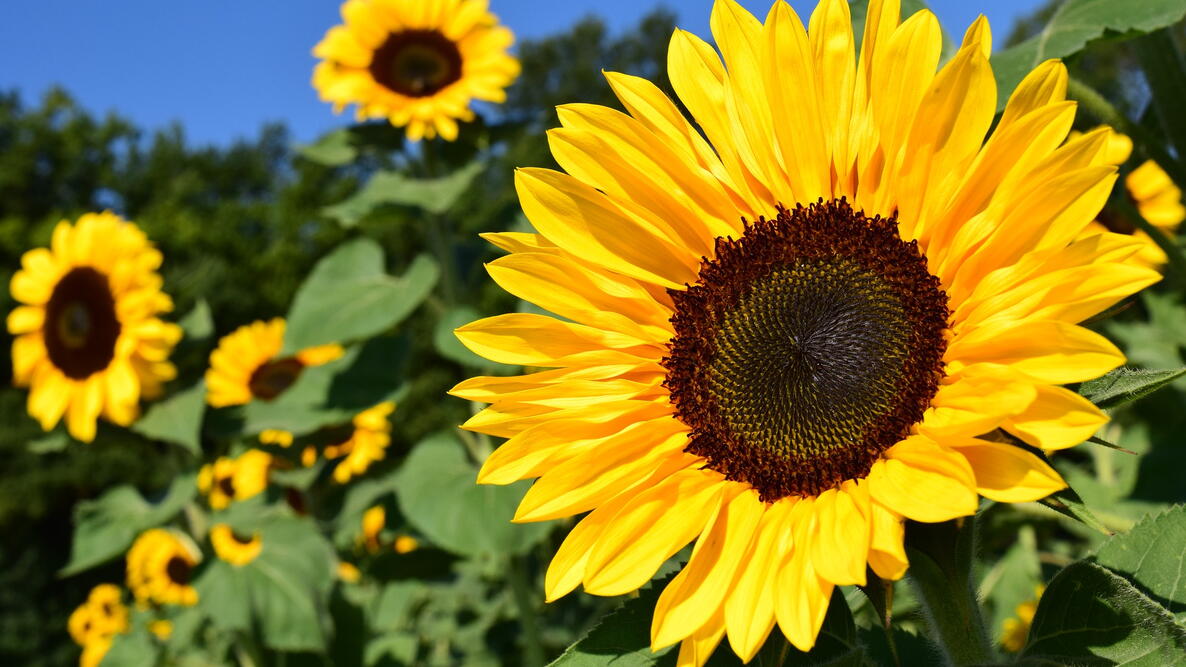The Best Companion Plants For Lemon Trees
The Best Companion Plants for Lemon Trees
Lemon trees are a popular addition to many gardens, and for good reason. They're beautiful, fragrant, and produce delicious fruit. But did you know that there are certain plants that can actually help lemon trees thrive? These are known as companion plants, and they can provide a variety of benefits to your lemon tree, such as:
- Attracting pollinators. Pollinators, such as bees and butterflies, are essential for the reproduction of lemon trees. By planting companion plants that attract pollinators, you can help to ensure that your lemon tree has a good crop of fruit.
- Reducing pests and diseases. Some companion plants can help to deter pests and diseases from attacking your lemon tree. For example, marigolds are known to repel nematodes, which are a type of soil-dwelling pest that can damage lemon trees.
- Improving soil quality. Some companion plants can help to improve the soil quality around your lemon tree, making it more nutrient-rich and able to better support the tree's growth. For example, legumes, such as beans and peas, fix nitrogen in the soil, which is a nutrient that lemon trees need in abundance.
- Providing shade. Lemon trees can be susceptible to sunburn, especially in hot, sunny climates. By planting companion plants that provide shade, you can help to protect your lemon tree from the sun's harmful rays.
So, what are some of the best companion plants for lemon trees? Here are a few of our favorites:
- Marigolds: Marigolds are a great choice for companion plants because they attract pollinators and repel pests. They also have the added benefit of being beautiful flowers that can add color and interest to your garden.

- Nasturtiums: Nasturtiums are another great choice for companion plants. They attract pollinators and deter pests, and they also have edible leaves and flowers that can be used in salads or garnishes.

- Lavender: Lavender is a beautiful and fragrant herb that can help to repel pests and attract pollinators. It also has the added benefit of being drought-tolerant, so it can help to conserve water in your garden.

- Rosemary: Rosemary is another drought-tolerant herb that can help to repel pests and attract pollinators. It also has the added benefit of being deer-resistant, so it can help to protect your lemon tree from deer browsing.
- Chives: Chives are a versatile herb that can be used in cooking or as a companion plant. They attract pollinators and deter pests, and they also help to improve soil quality.
- Cilantro: Cilantro is another versatile herb that can be used in cooking or as a companion plant. It attracts pollinators and helps to improve soil quality.

- Fennel: Fennel is a tall, leafy herb that can provide shade for your lemon tree. It also attracts pollinators and helps to improve soil quality.

- Parsley: Parsley is a low-growing herb that can help to suppress weeds and improve soil quality. It also attracts pollinators.

- Bee balm: Bee balm is a beautiful and fragrant flower that attracts pollinators. It also helps to improve soil quality.
- Sunflowers: Sunflowers are tall, sunny flowers that can provide shade for your lemon tree in the afternoon. They also attract pollinators and help to improve soil quality.

These are just a few of the many companion plants that can benefit lemon trees. When choosing companion plants, it's important to consider the climate and conditions in your area, as well as the specific needs of your lemon tree. With a little planning, you can create a beautiful and productive garden with lemon trees and their companion plants.
Lemon trees are a delicious and fragrant addition to any garden. But did you know that there are certain plants that can help your lemon tree thrive? These are called companion plants, and they can provide a number of benefits to your lemon tree, including:
- Attracting pollinators: Companion plants that attract pollinators, such as bees and butterflies, can help to ensure that your lemon tree is properly pollinated, resulting in a better harvest. Some good companion plants for lemon trees include marigolds, nasturtiums, and sunflowers.
- Repelling pests: Some companion plants can also help to repel pests that can damage your lemon tree. For example, marigolds are known to repel aphids, while nasturtiums can help to deter whiteflies.
- Improving soil quality: Companion plants can also help to improve the soil quality around your lemon tree. Legumes, such as peas and beans, are particularly good at fixing nitrogen in the soil, which can help your lemon tree to grow strong and healthy.
If you're looking for more information about lemon tree companion plants, I recommend checking out Gardenia Inspiration. This website has a comprehensive list of companion plants for lemon trees, as well as information about the benefits of companion planting.
FAQ of lemon tree companion plants
Q: What are some good companion plants for lemon trees?
A: There are many good companion plants for lemon trees. Some of the most popular include:
- Herbs: Basil, mint, rosemary, and thyme are all good companion plants for lemon trees. They help to repel pests and diseases, and they also add flavor to the lemons.
- Vegetables: Tomatoes, peppers, eggplants, and cucumbers are all good companion plants for lemon trees. They help to improve the soil quality and they also provide shade for the lemon tree.
- Flowers: Marigolds, lavender, and nasturtiums are all good companion plants for lemon trees. They help to attract beneficial insects and they also add beauty to the garden.
Q: How do companion plants benefit lemon trees?
A: Companion plants benefit lemon trees in a number of ways. They can:
- Repel pests and diseases: Some companion plants, such as basil and mint, have strong scents that can repel pests and diseases. This can help to keep your lemon tree healthy and productive.
- Improve soil quality: Some companion plants, such as tomatoes and peppers, add nutrients to the soil. This can help to improve the growth and health of your lemon tree.
- Provide shade: Some companion plants, such as marigolds and lavender, can provide shade for your lemon tree. This can help to protect the tree from hot sun and wind.
- Attract beneficial insects: Some companion plants, such as nasturtiums, attract beneficial insects, such as ladybugs and bees. These insects can help to pollinate your lemon tree and control pests.
Q: What are some plants that should not be planted near lemon trees?
A: There are a few plants that should not be planted near lemon trees. These include:
- Nightshades: Nightshades, such as tomatoes, potatoes, and eggplants, can attract pests and diseases that can also affect lemon trees.
- Cabbage family: The cabbage family, such as broccoli, cauliflower, and Brussels sprouts, can attract pests and diseases that can also affect lemon trees.
- Ferns: Ferns can compete with lemon trees for water and nutrients.
- Peaches: Peach trees can harbor pests and diseases that can also affect lemon trees.
Q: How far apart should companion plants be planted from lemon trees?
A: The distance between companion plants and lemon trees will vary depending on the size of the plants. In general, you should plant companion plants at least 3 feet away from lemon trees. This will give them enough space to grow and thrive.
Q: What are some tips for planting companion plants with lemon trees?
A: Here are a few tips for planting companion plants with lemon trees:
- Do your research: Before you plant any companion plants, do your research to make sure that they are compatible with lemon trees.
- Choose the right location: Plant companion plants in a location that receives full sun and has well-drained soil.
- Water regularly: Companion plants need regular water, especially during hot, dry weather.
- Fertilize regularly: Fertilize companion plants regularly with a balanced fertilizer.
- Watch for pests and diseases: Monitor your companion plants for pests and diseases and treat them promptly if necessary.
Post a Comment for "The Best Companion Plants For Lemon Trees"